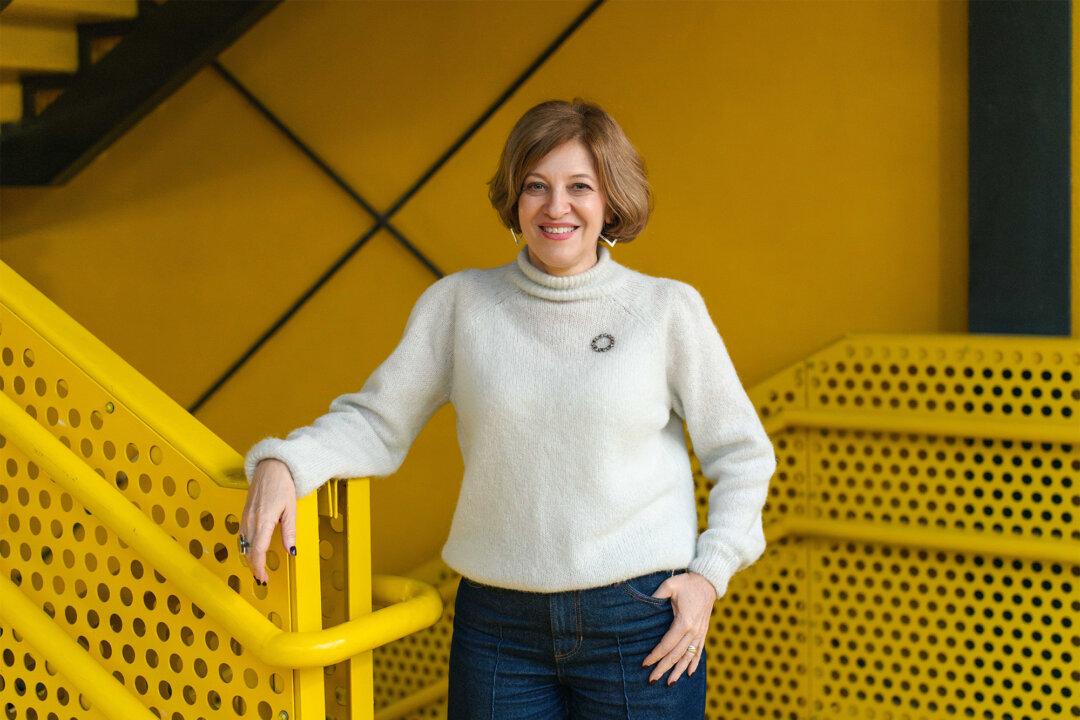SANTA CLARA, Calif.—In a virtual international press conference on June 2, drug experts voiced their concerns about what will happen if a California bill to allow drug injection sites is passed.
Sen. Scott Wiener introduced California Senate Bill 57, also known as the Controlled Substances: Overdose Prevention Program, in December 2020.





